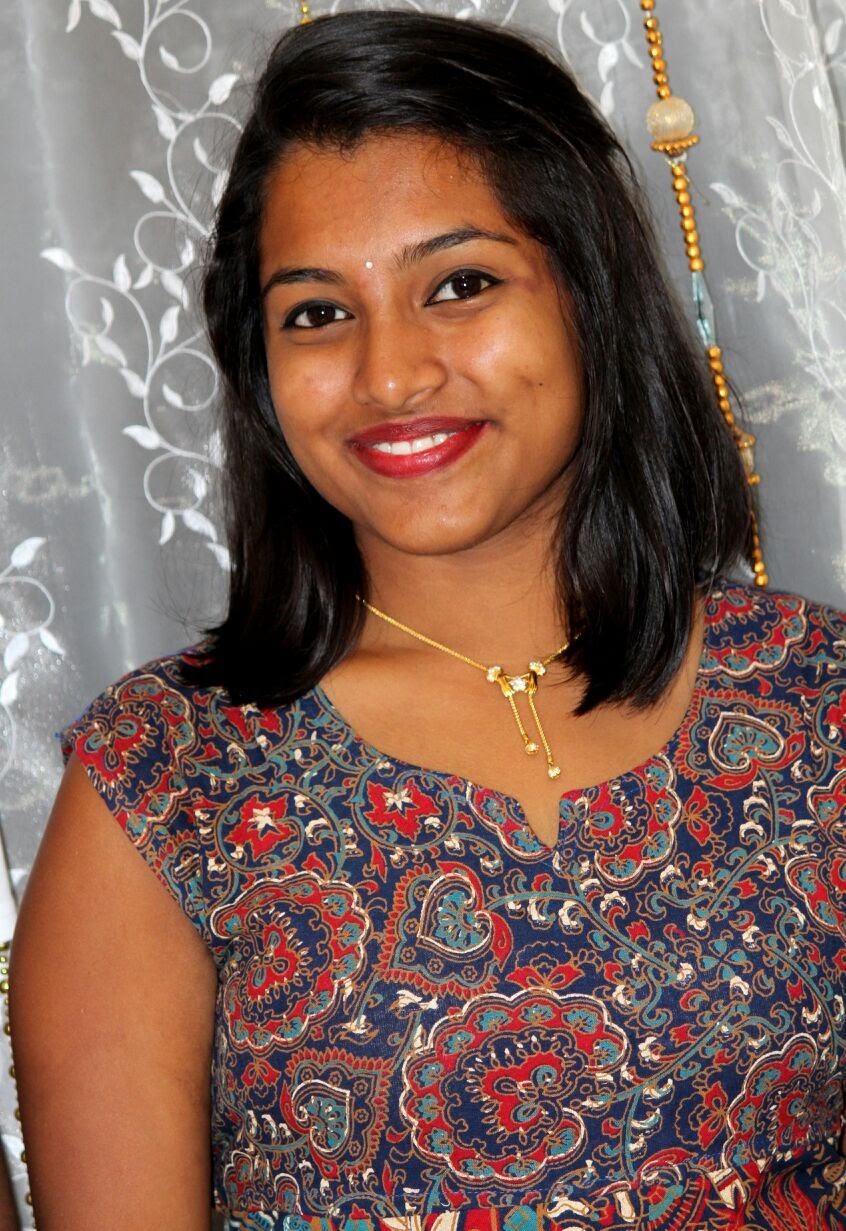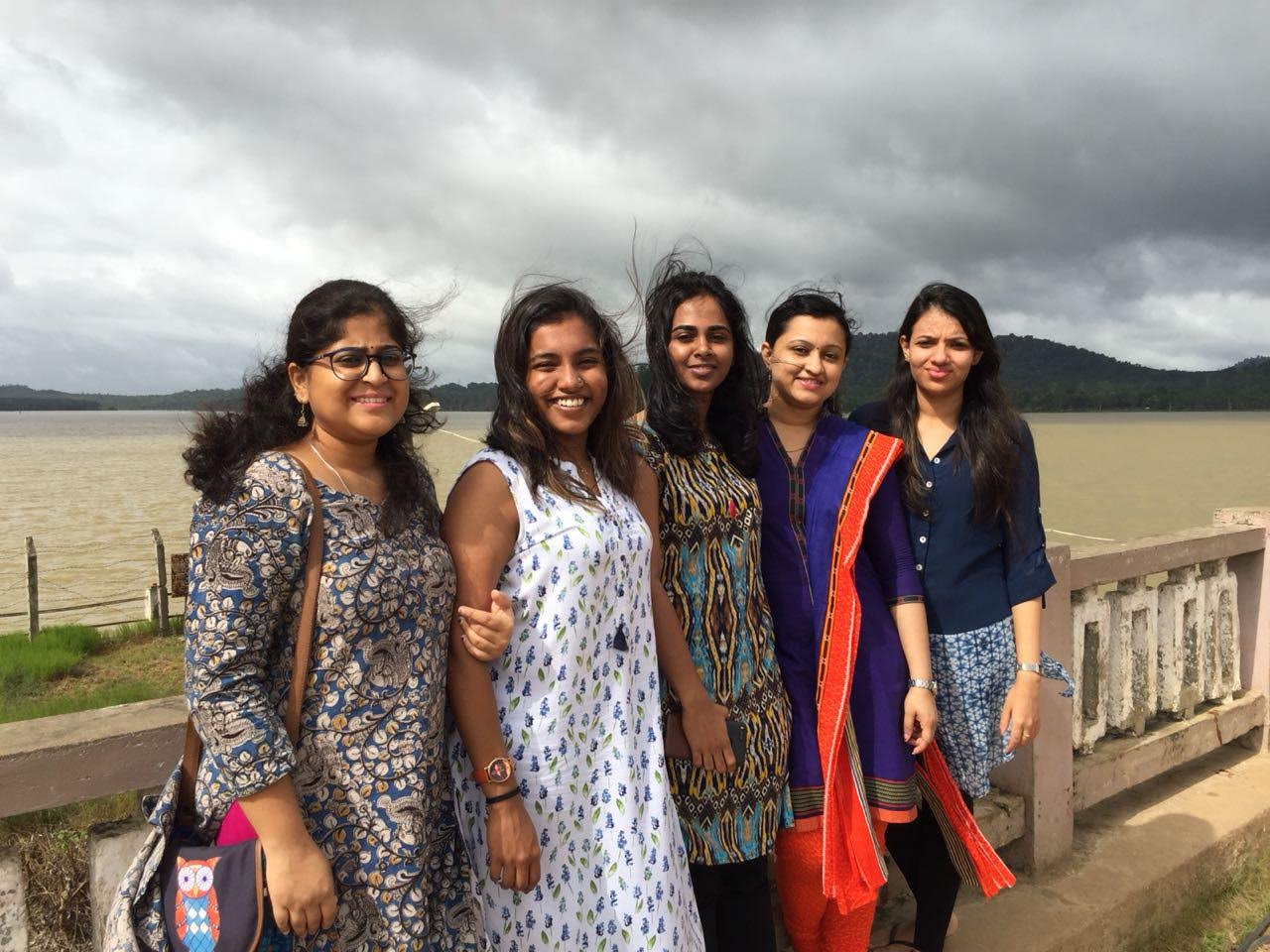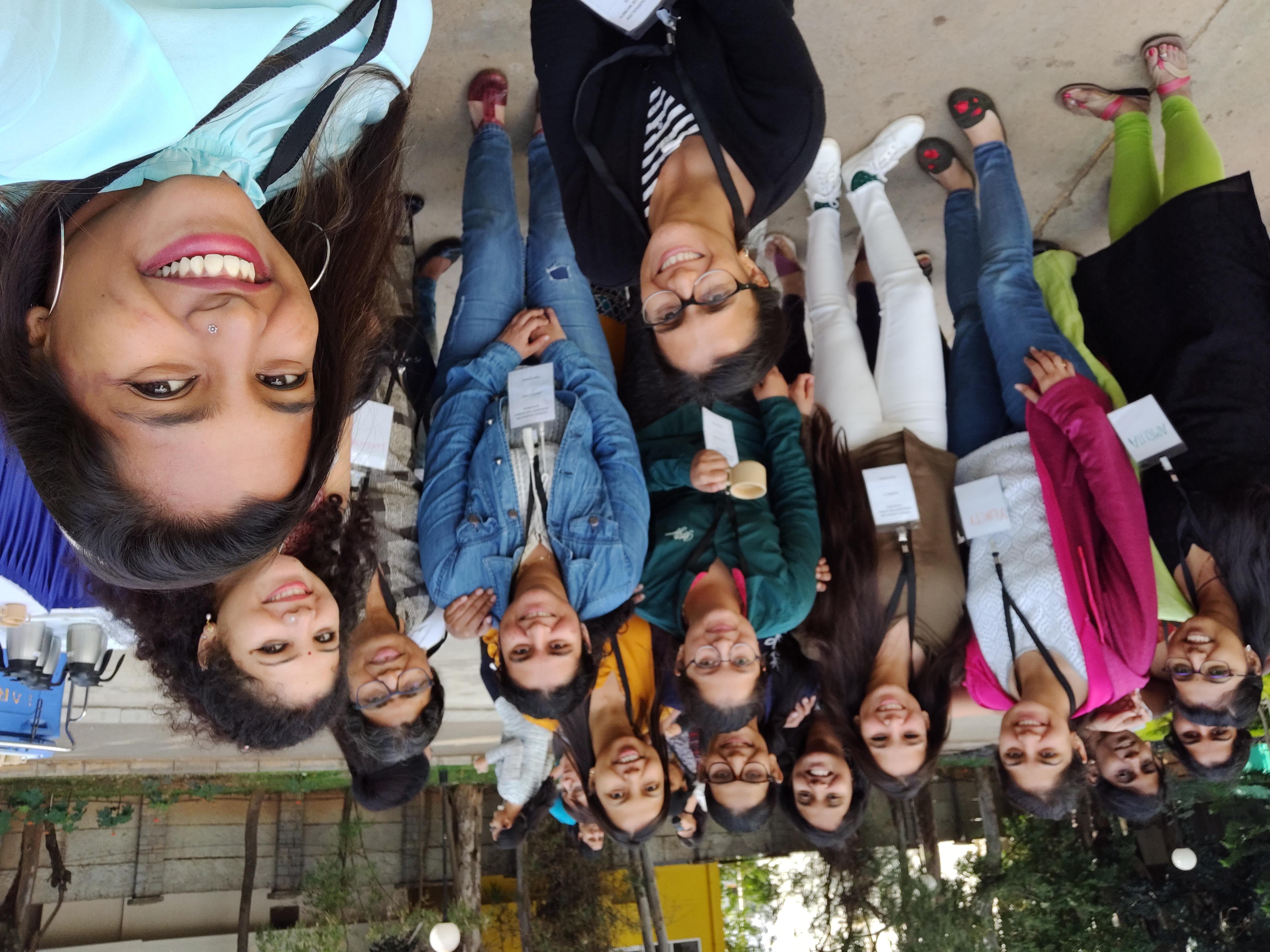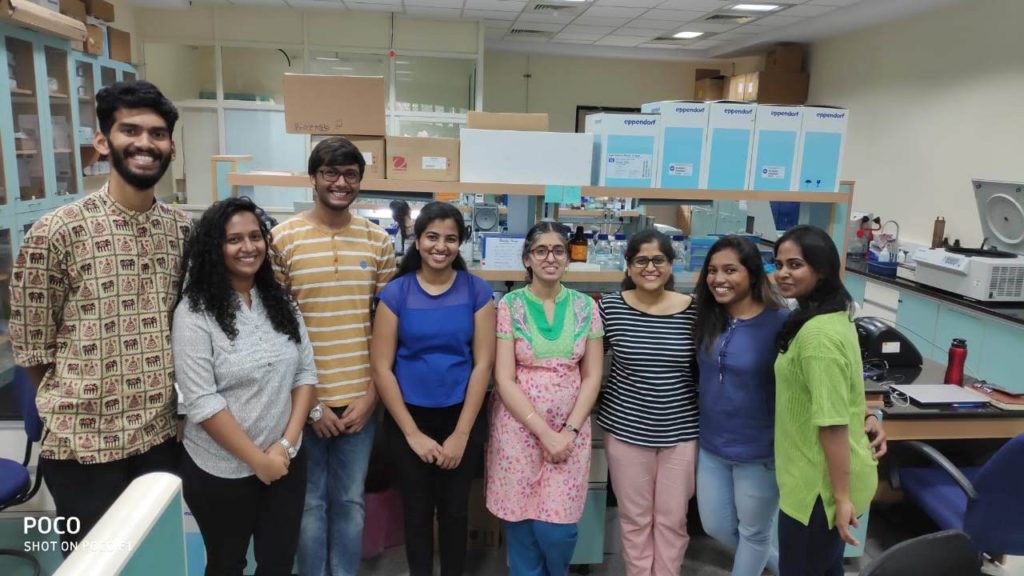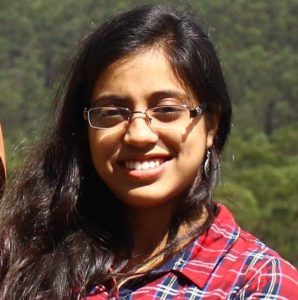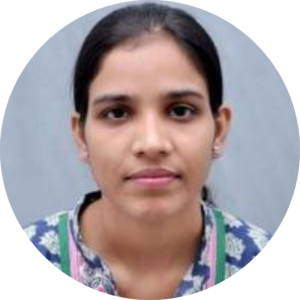About
Suchitha Champak is the founder of SciRio, an independent enterprise working on building support of science communicators mainly on the lines of capacity building and exploration of opportunities. She has a Master’s degree in Human Disease Genetics and has worked as a Cancer Biologist at the Indian Institute of Science and the Centre for Human Genetics for two years. In the pursuit of exploring science beyond a PhD and after many experiments and learnings; Suchitha is currently building SciRio.
SciRio envisions to be the backstage of science communication efforts by helping science communicators and science engagement professionals in two ways. One, build the skillset they aspire for and two, complete the cycle of purpose by assisting them to create and find opportunities that put their skillset to use. Every effort made at SciRio is thoughtfully crafted based on the feedback loop of the community it builds.
